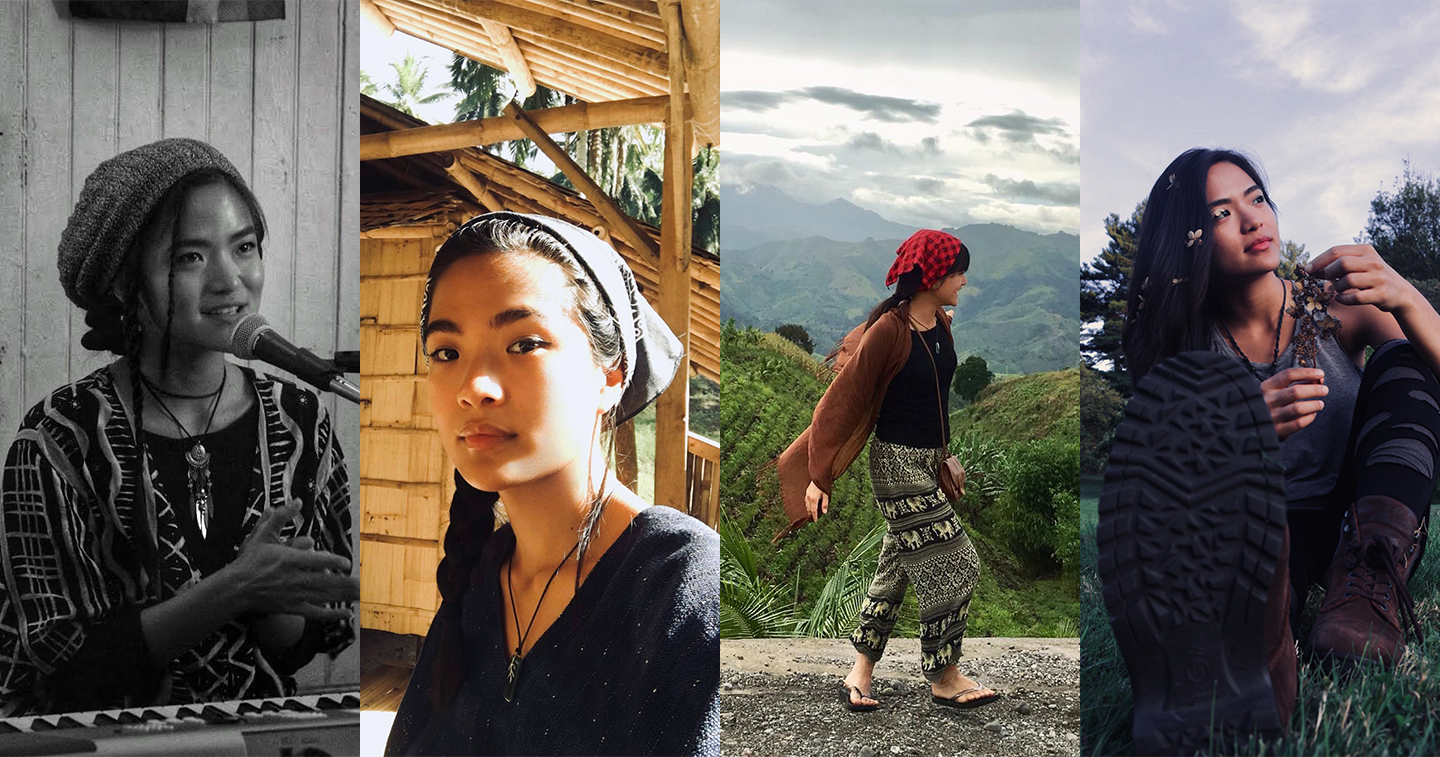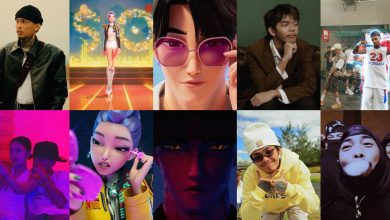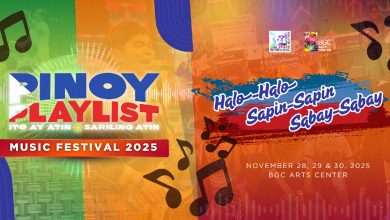MANILA, PHILIPPINES — Six years ago, Jireh Calo set out for Berklee College of Music in Boston, she had all her savings from her first EP and a year’s worth of gigs to pay for her tuition deposit. Today, Calo is back in the country and while most musicians dream of living a life with nothing but their music to provide food on the table, what she found from studying jazz is to live fully.
You have been musically inclined ever since you were a kid, how did you choose to become a jazz artist? Was it something that you have always known you were going to be or did it happen by chance?

Everything I do, I chose to pursue, that’s for sure. It hasn’t always been a straightforward path but I’ve found that when you do what you love and pursue it wholeheartedly, things do manifest and fall into place, often not in ways you expect and always in its own time.
When I first got into jazz music as a teenager, it opened me up to a whole world of possibilities and broadened my perception of what life could be. I pursued it whole-heartedly, this path of being a musician, and funny enough, in doing so, I realized something. My truest passion in life is not music — it’s living fully.
That can mean a lot of different things to different people, but for me it means this: to be fully present in experiencing life as it unfolds, grateful to be exactly where I am and trusting my inner compass. It means allowing myself to be in a constant state of learning, experiencing new things and continually exploring what’s beyond my current realm of knowledge, even if it means stepping outside my comfort zone because that’s where I grow the most.
I think this instictive drive to learn more about what interests me is what led me to pursue jazz and study music in the first place. It’s what pushed me to travel to new places, meet new people, move forward into the unknown and face what seemed scary. If I’m curious about something, that desire to learn becomes my drive and my love for doing, my compass. It feeds into every aspect of my life and interconnects everything I do.
Why did you feel compelled to study music abroad, at Berklee nonetheless?
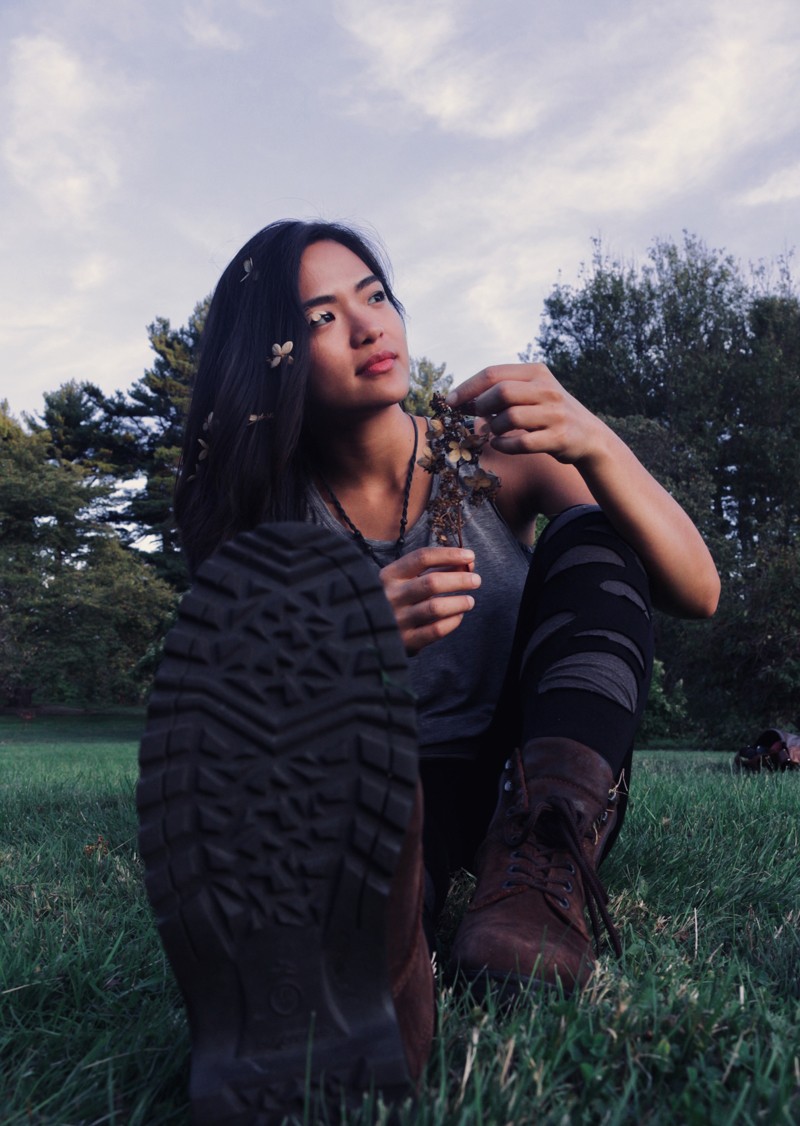
At that time, I was already pretty active in the local music scene, balancing high school life, home life and being a performing artist. I really wanted to study music more seriously but due to my lack of formal training, I knew I wouldn’t have qualified for a local conservatory. So I decided to look beyond our shores and take my chances abroad. I applied and auditioned for Berklee College of Music, a contemporary music school in Boston. A few months later, I got accepted.
The time came when I had to make a decision about which college to choose. My options boiled down to accepting a full scholarship to a local university for a pre-law degree or accepting my place at Berklee and going abroad.
It was a leap of faith choosing Berklee because that meant there was no turning back and I had to go all in. I put in all my savings from my first EP and a full year of gigs to pay for my tuition deposit. Being accepted was just the first step. Crossing over to the United States, living independently in a different country away from family, adjusting to a new environment, balancing work and study, finding ways to fundraise for each semester, let alone finish my degree— those were all challenges I had to accept. That choice meant a lot of things to me but most importantly, it meant believing that it was possible.
And it was. Many others believed in me too and helped me along the way. It took a lot of hard work, focus, and faith, but I finished in three years, summa cum laude, and went on to do the same for my master’s degree at the Berklee Global Jazz Institute.
You were active in the music scene prior to pursuing your studies. How did you perceive people’s perception of jazz back then? How about now?
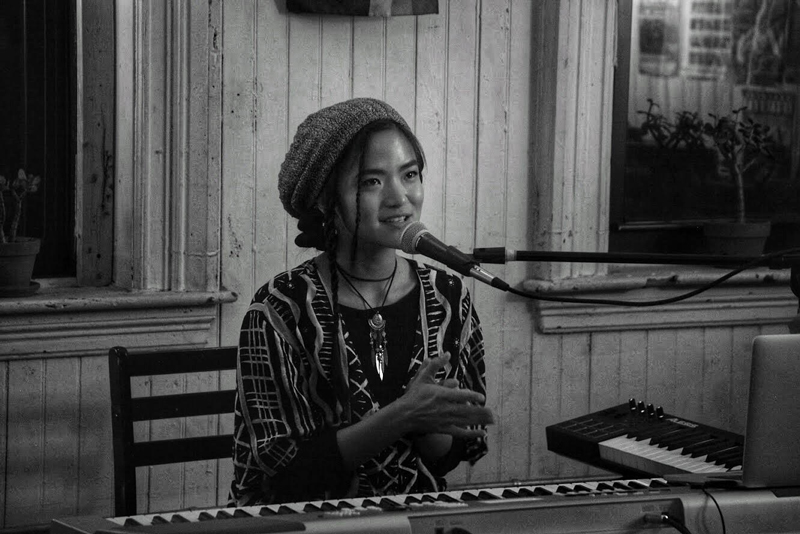
Jazz can mean different things to different people and how people experience music can be quite personal so I don’t think I can make a generalization of what others might think. The term “jazz” also encompasses such a wide variety of styles and fusions, one would have to be very specific. Every artist has a specific voice, every song its own story and every version of that song, its own vibe. Two people could love the same recording and have widely varying reasons as to why. And sometimes we could just love something and not even have the words to articulate beyond, “I just do”.
But that’s the beauty of it and I’ll leave it at that.
What were some of the milestones you’ve crossed in terms of your career?
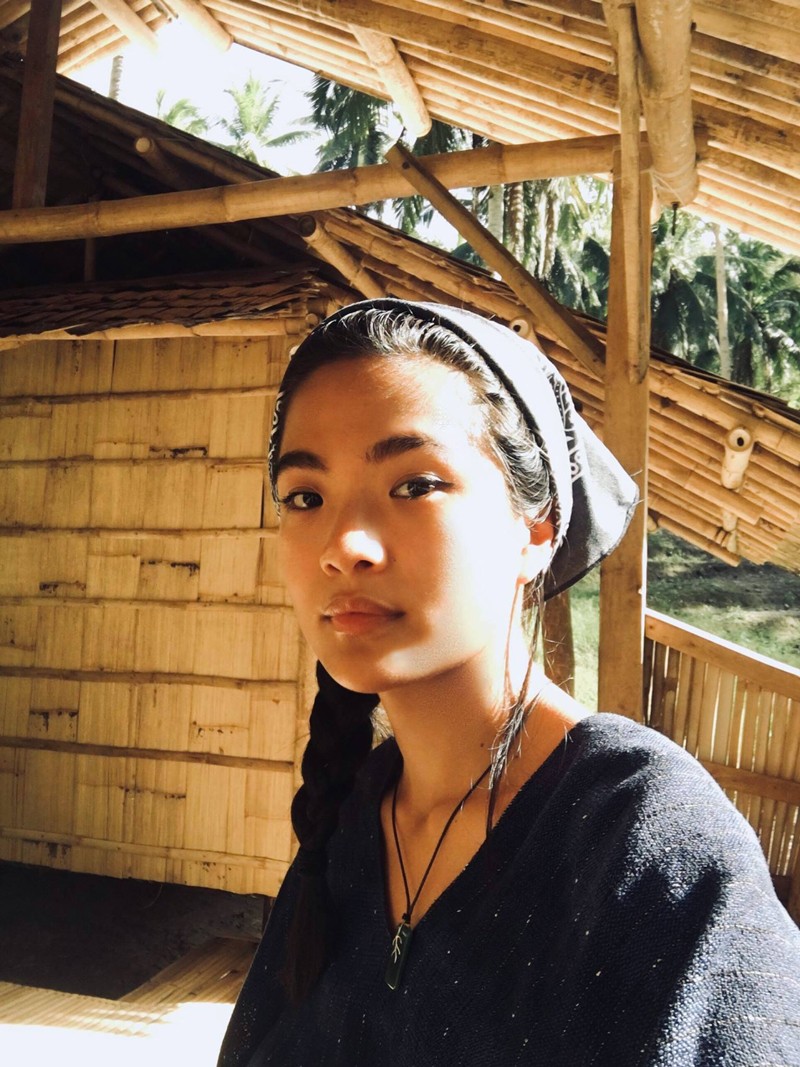
Fears faced, dreams manifested, lessons learned — these are the personal milestones I celebrate. Looking back at my life, I’m most proud not of what I accomplished but of how I overcame.

